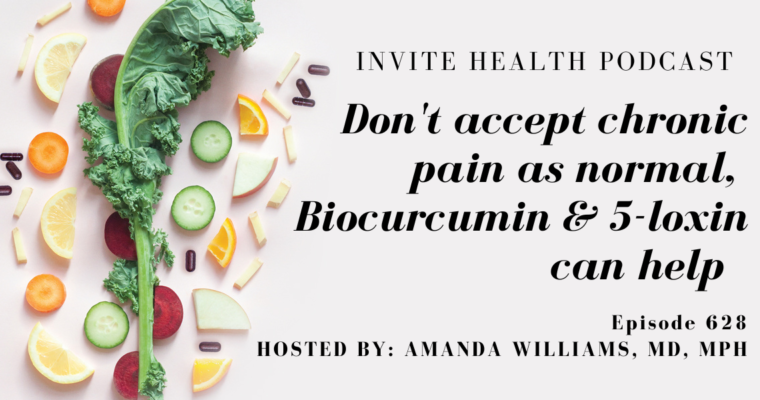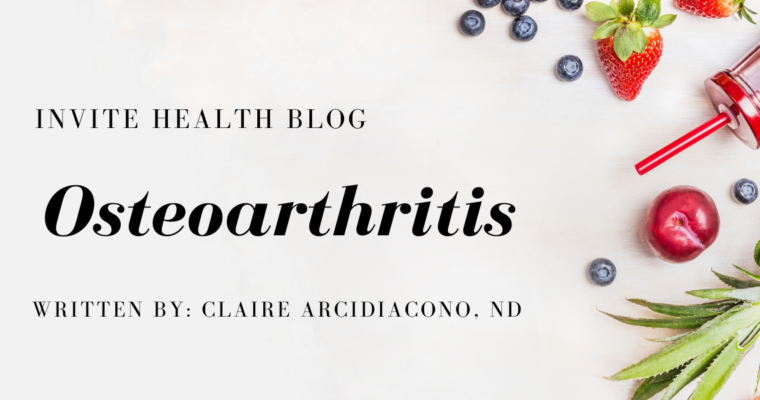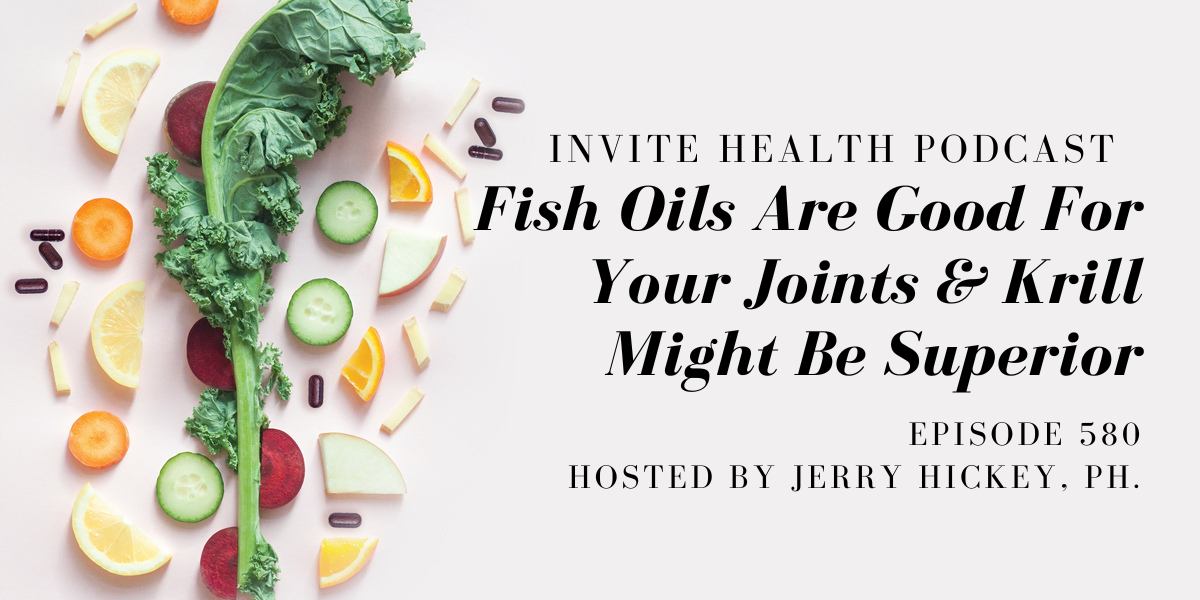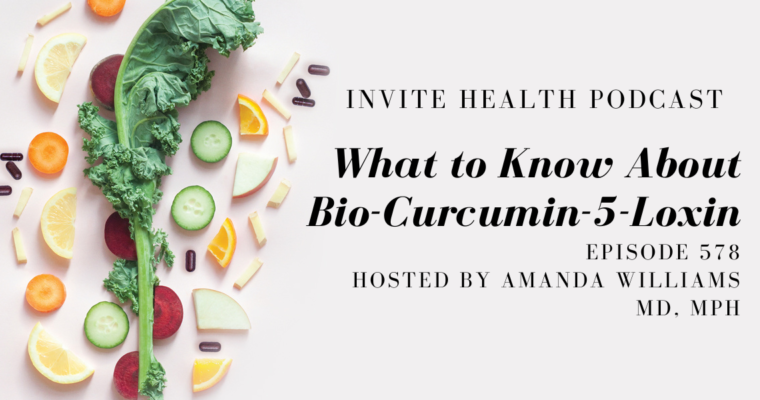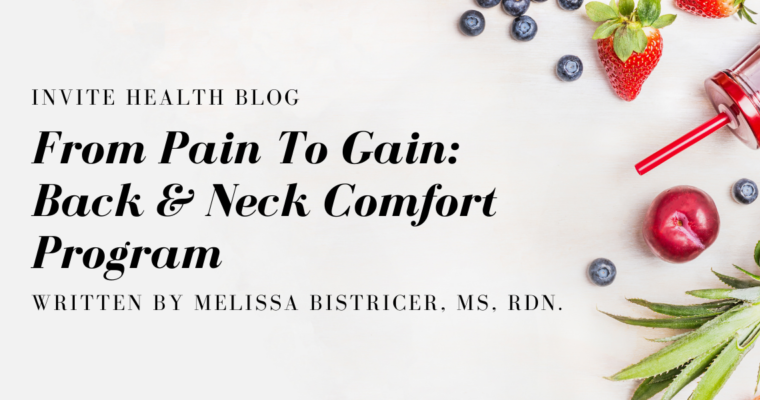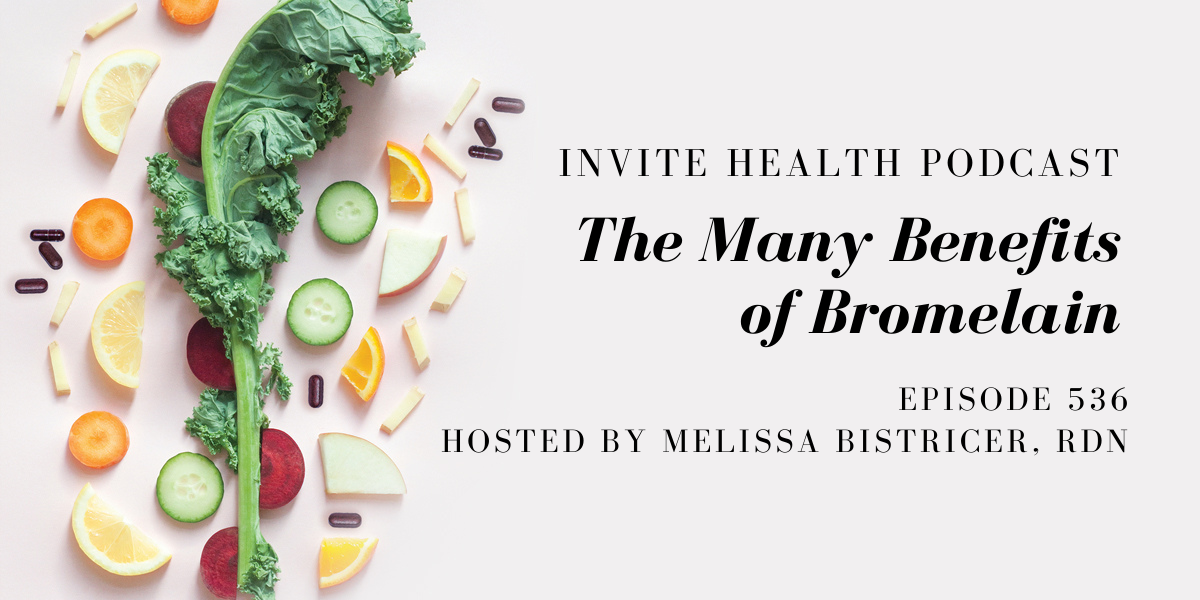krill
Subscribe Today!
Please see below for a complete transcript of this episode.
Fish Oils Are Good For Your Joints & Krill Might Be Superior- InViteⓇ Health Podcast, Episode 580
Hosted by Jerry Hickey, Ph.

*Intro music*
InViteⓇ Health Podcast Intro: Welcome to the InViteⓇ Health Podcast, where our degreed healthcare professionals are excited to offer you the most important health and wellness information you need to make informed choices about your health. You can learn more about the products discussed in each of these episodes and all that InViteⓇ Health has to offer at www.invitehealth.com/podcast. First time customers can use promo code PODCAST at checkout for an additional 15% off your first purchase. Let’s get started!†
*Intro music*
Jerry Hickey, Ph.: [00:00:40] For decades, we’ve known that fish oils are very important for health. They nourish your brain and your eyes in fact, they help make your brain. Your brain has a high fat content and a lot of this is fat from fish oils. In fact, there is data that fish oils reduce the risk of dementias and reduce the risk of developing depression. And they are needed for rods and cones, for fine vision, for color vision. And interestingly, the level of fish oils declines on the brain of those with age. So it’s good to either eat more fish or take a fish oil supplement. Fish oils and fish have a role in muscle, but also bone health. They’re very important for your heart, they help prevent the heart from racing inordinately. They help prevent sudden cardiac death, which alone makes it important to eat fish or take a fish oil supplement. So you don’t need any other reason besides lower the risk of sudden cardiac death. There’s many, many, many studies showing this sudden cardiac death, the heart stops beating and it doesn’t start again. And it’s a killer, it kills over 200,000 Americans each year. So these fish become inordinately important. They help lower a type of fat. Some people are not familiar with called triglycerides, triglycerides are one of the greasy fats in your bloodstream that can lead to heart disease and strokes. And also, if they’re too high, they’re bad for the liver, they could be bad for the kidneys, they’re certainly bad for the heart. Now, fish oils, they supply long chain fatty acids, the most well known are and the dominant ones actually are EPA and DHA. They’re actually a category of fats called polyunsaturated fatty acids, which can be abbreviated PUFAS. Now these healthy fats, the EPA and DHA have noteworthy anti-inflammatory activity. They should be part of an anti-inflammatory diet, you know, like a diet low in red meat and processed foods and sugars and high in vegetables and fruits and healthy foods, whole grains. So they have strong anti-inflammatory activity and they’re now proven to have properties that help prevent and help fight, help assuage arthritis. So they are good for your joints.† [00:03:03]
[00:03:07] So welcome to my episode. Fish oils are good for your joints and krill might be superior. My name is Jerry Hickey. I’m a licensed pharmacist who specializes in nutrition. Welcome to the episode. You can find all of our episodes for free wherever you listen to podcasts or just go to invitehealth.com/podcast and if you could please subscribe and leave a review. You can also find InVite on Facebook, Twitter and Instagram at InVite Health.† [00:03:33]
[00:03:35] So you can eat fish. That is, of course, cleaner, healthier type fish, you know, fish oils. They make a part of the brain, they make a part of your eyes. They have a lot of benefits. They have some ability, it seems, to lower the risk of breast cancer and possibly colon cancer. They are involved with muscle health. They are involved with bone health. They are involved with the rate of the heart rhythm. They are involved with correcting the immune system, so it’s not overly active because our immune system has a very powerful arsenal of of weapons, a very powerful army. It’s all the armed forces in one our immune system so officials to help prevent us from an overactive immune system. But then there is krill oil, which is actually what I take. I do eat fish. My wife is always making branzino or a barramundi or sole, but salmon. Salmon is common in the house. But I take krill oil capsules too every day. There’s a number of things in krill oil that are very healthy for you, that are not common in the diet. It’s not just fish oils.† [00:04:49]
[00:04:49] Krill is called Euphausiacea Superba. That’s latin binomial name. It’s tiny crustaceans so it’s a relative it’s a much smaller relative of shrimp. So if you’re allergic to shrimp, you’re going to be allergic to krill. Krill is the most common biomass, living biomass, organic biological biomass in the oceans. I mean, when you look at the krill floating on top of the sea in Antarctica, it’s covered in this red krill. The redness comes from a combination of the fish oils a little bit, but mostly from an antioxidant, a very powerful carotenoid called astaxanthin. Astaxanthin’s pinkish, it gives colors to salmon and it gives color to flamingos and a little bit to crabs and lobsters, etc. But it’s very high in acrylic acid.† [00:05:37]
[00:05:40] So it’s a tiny crustacean and like salmon, it’s loaded with fish oils. But it seems that these are more absorbable than the fish oils in a fish oil capsule. They’re attached to phospholipids. Phospholipids in and of themselves are incredibly important for humans they’re anti-inflammatory, they’re needed for your memory, they needed for your nerve function, they’re needed for muscle coordination, they’re needed to keep the liver healthy, they’re needed for your good cholesterol, HDL, to clean out your arteries and prevent a buildup of fat in the arteries, or build up, of cholesterol in the arterial walls. So they’re incredibly important the phospholipids, they’re key to good memory, they’re key to protecting the brain.† [00:06:23]
FISH OILS, AGING AND MUSCLE HEALTH – INVITE HEALTH PODCAST, EPISODE 335 >> Listen Now!
[00:06:26] So krill supplies phospholipids which is good in itself you’ll also get phospholipids a little bit in grains, you’ll get it in legumes and you get it in fish. And because the phospholipids are attached to the fish oils, the fish oils are not damaged by your digestive juices and your stomach acids. So it’s intact and these phospholipids aid, the absorption of the fish oils. So a smaller krill oil capsule can actually give you more fish oils into your body, can actually get more fish oils onto your body many times to the big fish oil capsule. So it’s an excellent source plus, if you get certain brands, they’re really fresh and clean. Now the antioxidants excuse me, the anti-inflammatory activity of a krill is amplified by the high concentration of phospholipids, especially phosphatidylcholine. Phosphatidylcholine has the additional benefit of getting into your brain and creating acetylcholine for your memory and for logic, and solving problems, and remembering things, and learning. So the fish oils are attached to a great deal of these phospholipids, especially phosphatidylcholine, and it makes the fish oils better, more active for your health in general, but especially for your joint health. So let’s get into that.† [00:07:51]
[00:07:52] The University of Adelaide, along with research institutions, other research institutions and Australia like CSIRO, is a big research institution over there. They just released a new study on krill oil and arthritic joints. It’s published in the September issue of the American Journal of Clinical Nutrition. But interestingly, the discussion starts off with how common is osteoarthritis, how painful can it be, how disabling is it? There’s about 100 forms of arthritis, some of them you’ll never hear about. The most common is osteoarthritis, which is the wear and tear when people get in like their hip or their knee. The second most common, but nowhere as common as osteoarthritis is rheumatoid arthritis. Then there’s like lupus arthritis and psoriatic arthritis. There’s less and fewer and fewer of these cases as you go down the line. So forms of arthritis are extremely rare. So osteoarthritis is pretty common, that’s the one that you see the athletes getting knee replacement surgery for older people getting knee replacement surgery for typically. So they just published in the American Journal of Clinical Nutrition a September issue, like I mentioned this discussion. And they also say that NSAIDS are often used for this, but there’s a problem. So let me tell you that problem NSAIDS could be really toxic, they can have a lot of side effects, they could be dangerous. NSAIDS can trigger a stroke within the first week of use. That could trigger severe bleeding ulcers that are hard for doctors to find I mean, literally, people bleed to death in emergency rooms from these bleeding ulcers. When you go to have a test on your digestive tract and it’s you make an appointment for it, the doctors give you things to clean out your intestines and your digestive tract. So it’s easy for them to find things and see things right, like when you get a colonoscopy. But if you have a bleeding ulcer from like ibuprofen or you know, like Advil or NeoProfen or Motrin or Aleve or any of the prescriptions, there’s many of these prescription drugs like Diclofenac, which is called Voltaren. If you get a bleeding ulcer from these and you’re brought into the emergency room, it’s a medicine. It has all kinds of fluids and foods and mucus and everything. They can’t many times they can’t find where the bleeding come from I believe the figure is over 19,000 people a year bleed to death like that in emergency rooms and hospitals on these drugs. But they do trigger heart attacks, they do trigger strokes, they do cause high blood pressure, they do cause heart failure, they do cause kidney damage, they can be toxic to the eyes, they are toxic to your hearing. So you don’t want to be on these drugs long term for your needs if you don’t have to.† [00:10:33]
[00:10:36] So these researchers are saying, well, NSAIDS are a problem. We need an option so is there a safer yet still effective option? And the answer is yes, fish oils and especially krill oil. So this new study is 235 otherwise healthy adults. They range in age between 40 to 65. They’re all diagnosed with mild to moderate osteoarthritis at four different institutions in Australia, four different clinics. The knee pain really dropped with the krill oil. Now this is interesting, you can affect your pain with your brain. So when they give a placebo for pain, that helps pain. So anything that helps better than a placebo is real. And the krill oil was much better for pain than placebo, than the power of the mind. And this wasn’t a randomized fashion you know, a placebo controlled fashion over a six month period. So the krill truly had an effect on reducing knee pain above and beyond what the brain can do, and it reduced stiffness, these people were able to function better, they were less stiff getting out of bed and playing sports, etc. It improved their physical function, it improved their quality of life. By the way the krill was extremely safe to use. So, I mean, the knee was working better, they had a greater range of motion. That’s how much you can bend your knee without pain, how far you could walk, how comfortable you were walking up and down stairs.† [00:12:04]
[00:12:05] Now, that’s not the only study like this. PloS one had a study. PloS one is a great American group of journals that we pay for out of tax payer funds. And it’s meant to disseminate studies to places where doctors and clinicians cannot afford to get these studies. So for instance, a Dr. with a single practice in some small town in Wyoming and doesn’t really have access to all these big libraries like tufts of Harvard etc. So they can go to ploS one and get the studies for free. So ploS one’s a great group of journals, it’s not just one journal. So this was performed by Japanese researchers in Japan in arthritis clinics throughout Japan. But there was also a bunch of Chinese academic research institutions involved, it was a randomized, placebo controlled human clinical trial. So these are standardized studies I’m telling you about, it was adults with knee pain, arthritis, and it was krill oil versus placebo. They only gave it for 30 days, which is really a short time. But very quickly, it reduced knee pain. Very quickly, it was helping improve knee stiffness. For instance, when they were trying to sleep at night, they had less knee pain. It was easier to sleep, when they were standing, when they were holding something, when they were walking. They had a bigger improvement and range of motion versus placebo. Once again placebo, the power of the brain on pain is amazing.† [00:13:32]
I KNEED BONE HEALTH TO HELP MY PAIN >> Read Now!
[00:13:32] So once again the krill worked better. But this is in the Journal of the American College of Nutrition this is a different kind of study. That’s researchers in Canada. It’s a randomized, placebo controlled human clinical trial so once again, a gold standard study. And it’s 90 patients with inflammation and arthritis. They had an increase in their CR-P. Let me explain what that is. I get that tested twice a year for this reason. There’s autoimmune diseases in my family, but there’s also heart attacks in my family. As CR-P is released from liver when you’re inflamed. So it’s a proxy for inflammation. So if it goes up, we know you’re inflamed, if it goes down, your inflammation has subsided. We don’t know what CR-P itself does it might even help protect you a little bit. We’re not quite sure what CR-P does, but we know what goes up when you’re inflamed and they can measure, they can quantify and qualify what’s going on because like normal depends on the lab. Some labs normal is 1 to 3 because they have a different way of testing it. Other labs, it’s one or less. So if it’s elevated a little bit, you’re developing plaque in your arteries. If it’s elevated more, not only are you developing plaque in your arteries, hardening of the arteries, it’s called or Athero-Genesis, the genesis of plaque in your arteries. But not only that, that plaque is highly inflamed and unstable like there’s bleeding sores on the outside. That plaque, that plaque is like akin to wax, that cholesterol plaque and it can break off and cause a stroke or a heart attack. So you want to keep your eye and your CR-P, it stands for C-reactive protein. And within 30 days, krill oil reduced CR-P by 31%, whereas the CR-P and the people in placebo actually increased. So there was a big difference between the krill oil and the people on placebo. It went up in the people on placebo because they’re getting more and more inflamed. But krill oil reduced pain scores by 29% within the first couple of weeks. It reduced stiffness by 20% and an improved functional impairment by 23% within the first several weeks. Functional impairment is, hey, I can’t I can’t climb the stairs that easily. I can’t get on the golf course, I can’t play pickleball. So here’s a related type of story because fish oils are good for your muscles. Now, krill not only has the fish oils, also it has choline, and that’s phosphatidylcholine, which improves brain, nerve, eye, muscle coordination. So that’s cool, like if you’re a pitcher or a golfer or something, but not only that, fishers are good for your muscles. And the choline in the phosphatidylcholine allows muscles to work. It creates something called acetylcholine that allows muscles to fire. So krill is better for your muscles, in my opinion, than fish oils.† [00:16:16]
[00:16:18] So this is the University of Glasgow, which would be in Scotland, the University of Western Australia and Nottingham, Trent University, which would be England. It’s in the Journal of Clinical Nutrition and it’s 102 men and women over the age of 65. They did not exercise regularly, they got some activity, not much. So that was at baseline then- so at baseline means before they gave them the krill oil or the placebo. So at baseline they looked at their muscles and their muscle strength at six weeks and at six months. And here’s what they found. From baseline on krill oil and people that were not active, knee strength improved. Knee strength actually improved over a six month supplementation, but so did their grip strength. That’s really interesting older people with stronger grip strength, they’re much less likely to die prematurely. Muscle thickness actually improved. This is important because it helps stabilize your knees and makes your muscles strong. You’re less likely to fall and break your knee. You less likely to fall and break your hip. But also, when you stabilize the muscles around the knee, it helps with knee pain. So not only helping with falling, you’re helping the knee preserve the health of the knee. So the krill oil over a six month period, improved muscle strength and muscle size in older people to a clinically important degree of clinically significant degree.† [00:17:51]
[00:17:53] Of course, you should exercise I get a lot of exercise. I ride a bike, I play pickleball, I lift a lot of weights, I do a lot of walking, I do hiking when I can. Like if I’m in California or someplace I swim, I get a lot of exercise. I get exercise every day, but I do take two krill every morning. Even though I eat fish several times a week, I’m doing krill. It lowers inflammation, it reduces your risk of dementia, it reduces your risk of sudden cardiac death, it’s great for your liver, it helps get fat out of your liver, that’s the choline content. It’s good for your muscles, it’s good for your bones. There’s no reason not to take krill if you get a good formula. And I would take two a day. Two a day with breakfast, do it at breakfast. Get it out. Get it out of the way. This way, you remember.† [00:18:39]
[00:18:40] Thanks for listening. You could find all of our episodes for free or wherever you listen to podcasts or just go to invitehealth.com/podcast and they want me to say please subscribe and leave a review. And I think that’s important, if you could oblige us. You can find all of our episodes for free wherever you listen. So there you go. But you can also find us on Facebook, Twitter and Instagram at InVite Health. Thanks for listening. Hope to see you next time. Another episode of InVite Health podcast and it’s Jerry Hickey signing off. Have a great day.† [00:18:40]
*Exit Music*


